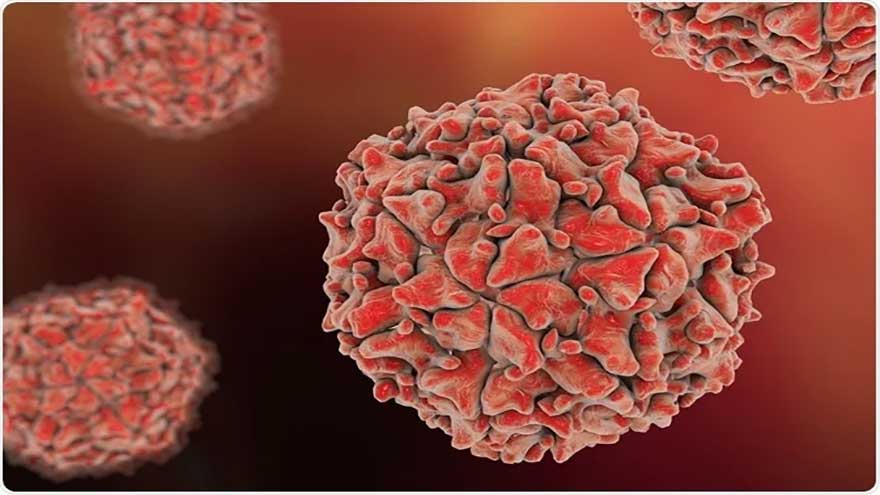During routine environmental surveillance in Mirpur, Azad Jammu & Kashmir, health authorities have detected wild poliovirus in the local sewerage system. This finding, confirmed after genetic analysis, highlights an urgent public health concern and the need for immediate preventive action.
Detection and Context
The suspected poliovirus was discovered in sewage samples during a recent sweep designed to enhance early viral detection across Pakistan. Genetic markers linked the strain to the one currently circulating in Lahore, indicating possible transmission pathways across regions. Officials emphasize this detection is part of broader environmental monitoring that has identified poliovirus in nearly 200 sites nationwide, not just Mirpur.
Official Response
Dr Fida Hussain, the District Health Officer of Mirpur, reassured residents that while detection in sewage demands attention, it is not a cause for panic. He stressed that surveillance systems are working effectively and authorities are actively monitoring for any emergence of clinical cases. In response to this detection, he urged all parents to ensure their children under five total up-to-date polio vaccinations through the scheduled national immunisation campaigns under the World Health Organization calendar.
Preventing an Outbreak
Health officials strongly emphasized that for under-5 children, completing routine polio immunisation including all scheduled oral polio vaccine (OPV) doses is the most effective defence. With the virus spreading through contaminated water or food, and given the rapid mutation and transmission risks, maintaining high immunity coverage is critical to preventing paralytic polio cases.
National Landscape and Vaccine Hesitancy
Mirpur’s detection mirrors a concerning national trend: wild poliovirus has recently been found in sewage across 20 districts, from major urban centres like Lahore, Karachi, Islamabad, to regions in Sindh, Balochistan, Khyber Pakhtunkhwa, and AJK’s Mirpur. This resurgence is attributed partly to persisting vaccine refusal pockets, especially in areas like Karachi where over 39,000 households declined polio vaccination in the recent drive. Pakistan remains one of only two countries worldwide where polio is still endemic.
Health Advisory and Monitoring
The AJK Health Department, along with federal and WHO teams, is maintaining continuous surveillance and rapid-response readiness across the lakeside district. Dr Hussain emphasized collaboration with local hospitals and health workers to ensure any suspected case is swiftly isolated, tested, and managed. Public awareness campaigns are being intensified to encourage mass immunisation and counter misinformation.
Key Takeaways
- Poliovirus presence in Mirpur sewerage confirms environmental spread, not clinical cases.
- Parental vigilance in completing the routine polio vaccination schedule for under-5 children is essential.
- Nationwide sewage surveillance points to poliovirus circulation in multiple provinces.
- Addressing vaccine hesitancy is vital to preventing new outbreaks.
- Authorities are proactively monitoring and improving public awareness in AJK.



Comments (0)
No comments yet. Be the first to comment!
Leave a Comment